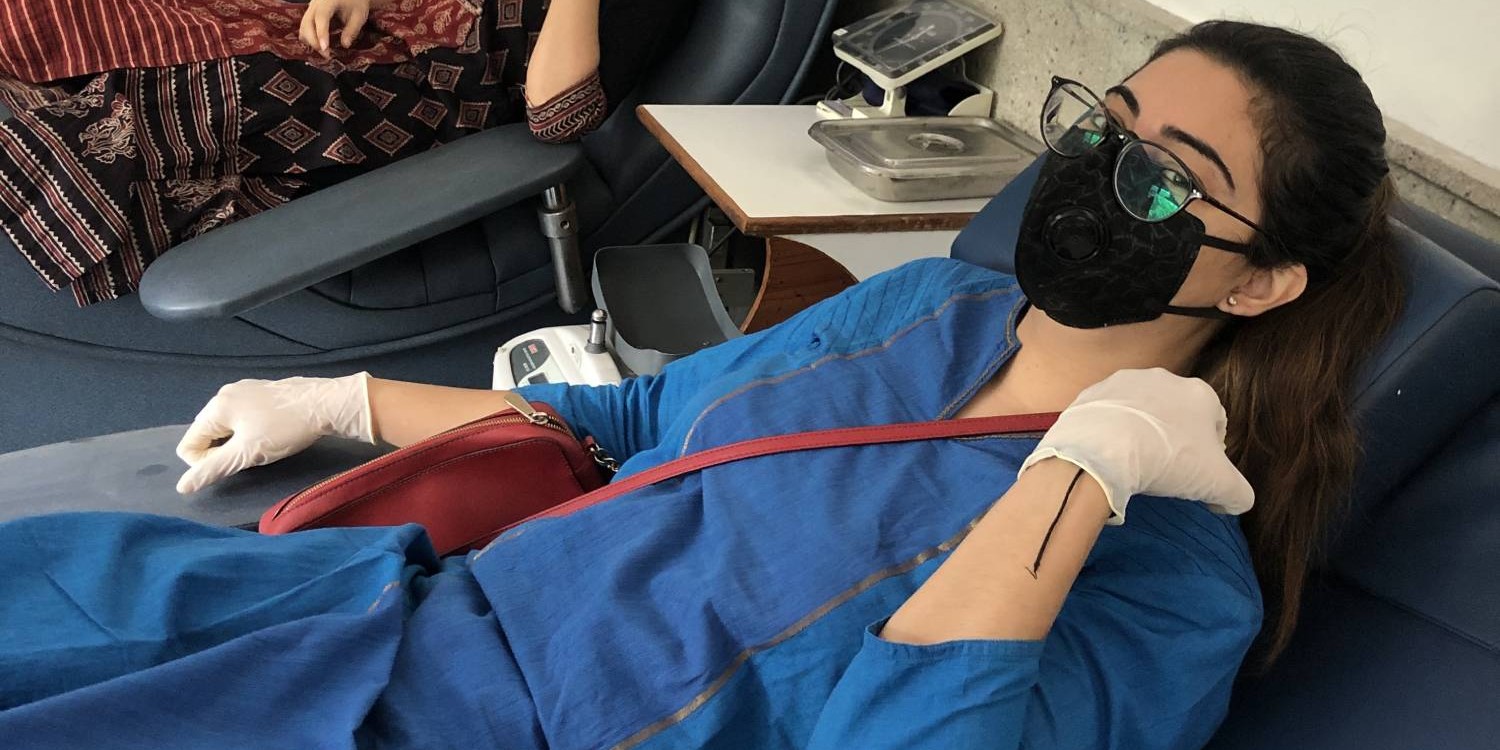Finding a job outside of your home country can be hard, and can take a lot of work and research. Countries often have differing and rules and regulations that can be difficult to adhere to when you’re looking at working abroad. In addition to that, recruitment methods might be different to what you’re used to. Don’t worry, though: at LSE Careers we have lots of resources that can help you, so have a look at some things to remember below.
1. Research visa information
Making sure you have, or can get, the appropriate visa is one of the most important things to do if you are looking to work outside of your home country. While LSE Careers can’t legally advise on visas, there are other ways to find this information. If you’re currently on a Tier 4 visa and looking to work abroad over the summer, check with LSE’s International Student Visa Advice team to find out the rules for working whilst on this visa.
If you want to work abroad after you complete your course, then you need to know how to secure a working visa before you get there. Each country will generally have immigration information on their government website, so do your research before you start applying for jobs.
2. Country profiles
On our website we have a large section of Country Profiles to help you research what countries would be best for you, and to find out information as to how to work there. These country profiles will give you appropriate links, for example to governmental visa information pages, and other information about what it’s like to work in those countries.
3. GoinGlobal
GoinGlobal is an amazing resource for current students looking to work abroad. It works primarily as a jobs board where you can find internships and graduate jobs in a huge range of countries. In addition to that has country profiles that offer masses of information about visas, application guidelines, employment trends, and more – so have a look to see what’s best for you! LSE students (and alumni up to five years post-programme completion) have full access to GoinGlobal online via the LSE Careers subscription.
4. Check the country’s CV format
Some countries will expect a different type of application to the standard UK CV and cover letter format. For example, US companies tend to prefer the one-page resume, and some European countries expect you to include a small picture of yourself on your application. In addition to using GoinGlobal, Google is the best place to find out this individual information, so do some research and tailor your CV accordingly.
5. Reach out to employers before applying
For some countries you may need sponsorship by your employer to work there, so if there are specific employers or roles that you’re interested in then it’s worth reaching out to the employer first and checking they have the facilities to support you if you were successful in your application.
6. Do you need anything extra for your application?
Sometimes employers abroad will require other documents or information dependent on the country. For example, French companies will often need you to provide an internship agreement or convention de stage if you are successful in securing an internship with them, which is a document that can be provided by LSE Careers. Check the job description carefully to make sure that you can provide all that is asked in the application process to maximise your possibility of getting the role you want.
7. Think about the interview
If you get an interview, do you know how you’re going to do it? If you’re not going to be in the same country as the interviews, then will the company be open to offering a Skype interview to you?
If you will have a Skype interview, make sure that you know of somewhere that has a strong internet connection and is quiet, so that you won’t be disturbed during the interview. Also make sure that there is nothing distracting in the background to the interviewer, as you want them concentrating on you fully.
8. Practice your interview skills with Interview Stream
If you’ve never had a Skype interview before, then be aware that it can be quite different than a face-to-face interview. Your body language might not be as clear, and it’s possible that may be a slight delay which could affect your presentation.
One way to see how you present yourself over camera like this is to practice with our service Interview Stream. If you’re a current student, you can use this service to record yourself answering sample interview questions, and so will be able to see how you come across through webcam in the same way that interviewers will see you over Skype.
9. Get in touch with alumni
Getting advice from alumni who’ve succeeded in gaining a job abroad is a great way to get a personal insight into how to do it. LinkedIn is a powerful way to connect with alumni both from your department but also the wider school. There are various options to filter your searches using the LinkedIn alumni search function.
10. Talk to our careers consultants
If you’re not sure where to start, then a discussion with a careers consultant might help you put your ideas together and make a plan of what you need to do to gain employment abroad. In addition to this, we can help you with applications, interviews, and any other career-related questions you might have about pursuing an international career.
The easiest way to book an appointment is through CareerHub. When you log in, click the “Appointments” tab at the top of the page. From here you’ll be able to view the available appointments for the day. Please note that appointments are only bookable on the day, and are released at 9:30am, each morning with the exception of appointments before 12pm which can be booked the day before.





